Whole-exome sequencing
African genetics study NeuroDev shares initial findings
The most comprehensive study of neurodevelopmental conditions in Kenya and South Africa ever conducted shares preliminary results and lessons.
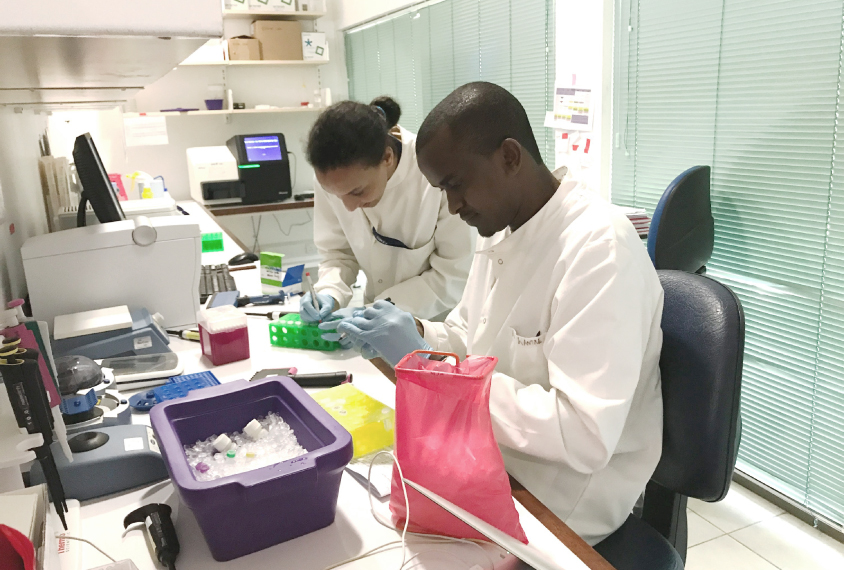
African genetics study NeuroDev shares initial findings
The most comprehensive study of neurodevelopmental conditions in Kenya and South Africa ever conducted shares preliminary results and lessons.
X-chromosome variants help explain autism’s sex bias
The rare variants are also linked to ADHD and Tourette syndrome, two other conditions that disproportionately affect boys and men.
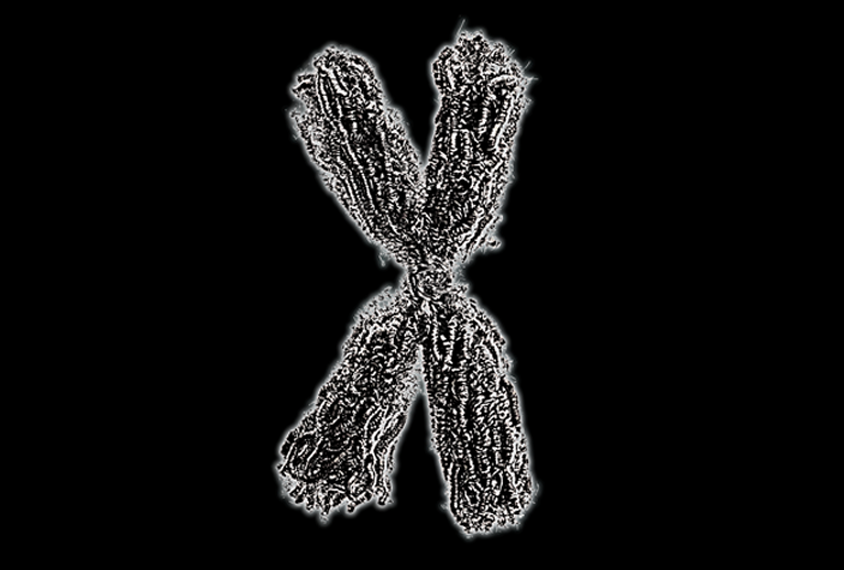
X-chromosome variants help explain autism’s sex bias
The rare variants are also linked to ADHD and Tourette syndrome, two other conditions that disproportionately affect boys and men.
Scans of sundry variant types uncover autism-linked genes
Troves of sequencing data reveal genes tied to autism through different variant types, providing a more complete picture of the condition’s genetic roots and new clues to its heterogeneity.
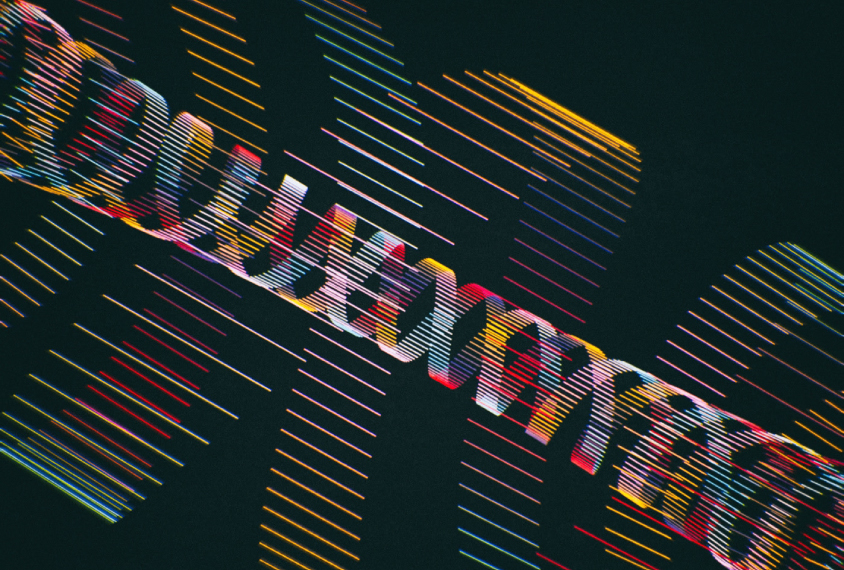
Scans of sundry variant types uncover autism-linked genes
Troves of sequencing data reveal genes tied to autism through different variant types, providing a more complete picture of the condition’s genetic roots and new clues to its heterogeneity.
Macaques’ social skills tied to variation in autism-linked genes
Genetics strongly influences some aspects of the monkey’s social behavior, including tendencies to solicit grooming and sit or play alone.
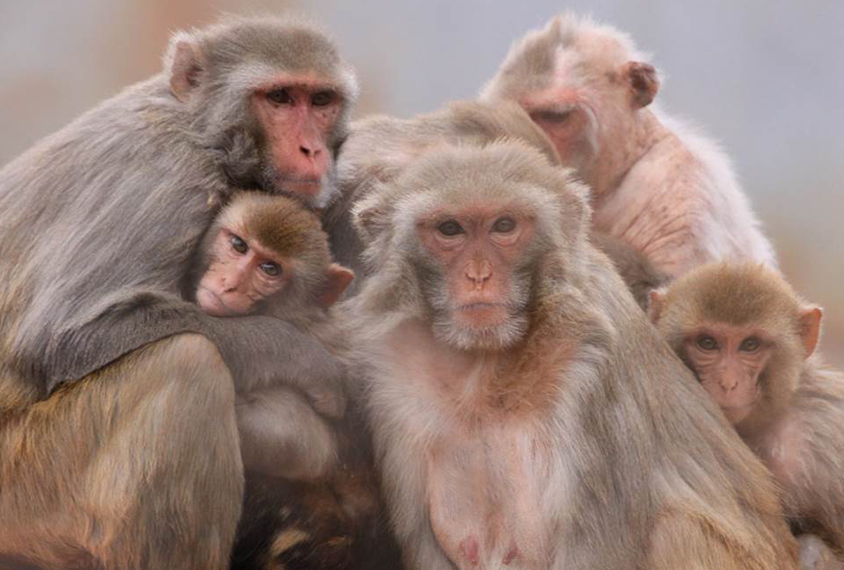
Macaques’ social skills tied to variation in autism-linked genes
Genetics strongly influences some aspects of the monkey’s social behavior, including tendencies to solicit grooming and sit or play alone.
Q&A with Brenda Finucane: Building pipelines for genetic tests for autism
Most autistic people do not receive the medically recommended genetic tests for autism. Brenda Finucane and her colleagues want to change that.

Q&A with Brenda Finucane: Building pipelines for genetic tests for autism
Most autistic people do not receive the medically recommended genetic tests for autism. Brenda Finucane and her colleagues want to change that.
Autism genetics, explained
The more scientists dig into DNA, the more intricate its contribution to autism seems to be. Here, we unravel the complex genetics of autism.
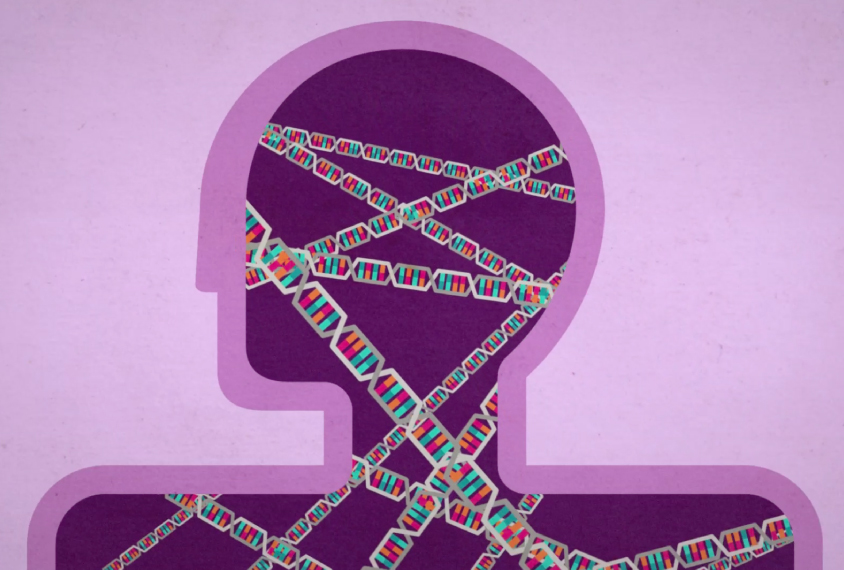
Autism genetics, explained
The more scientists dig into DNA, the more intricate its contribution to autism seems to be. Here, we unravel the complex genetics of autism.
Genes tied to autism, developmental delay, schizophrenia share functions
Many genes linked to autism, schizophrenia and neurodevelopmental delay regulate gene expression and support communication between neurons.
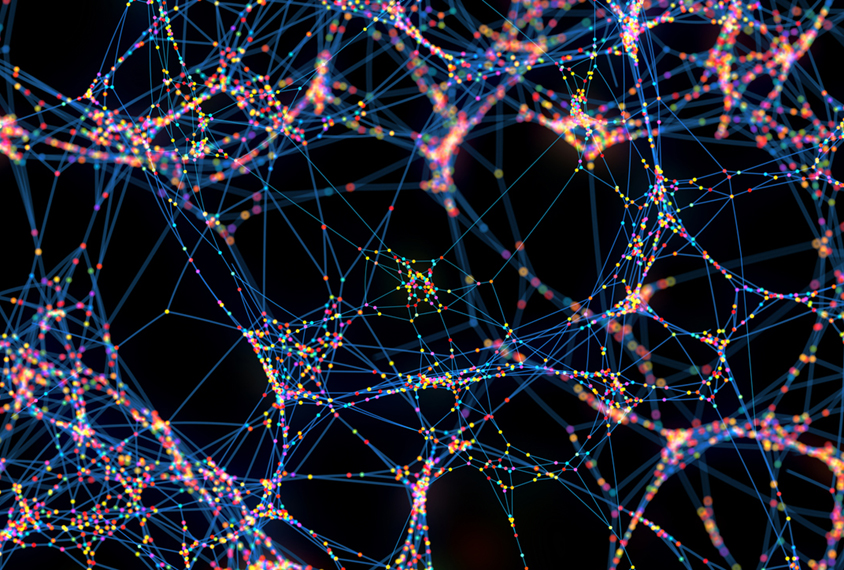
Genes tied to autism, developmental delay, schizophrenia share functions
Many genes linked to autism, schizophrenia and neurodevelopmental delay regulate gene expression and support communication between neurons.
Largest autism genetics analysis to date uncovers more high-confidence candidates
The largest-yet study of genetic data from autistic people has identified 255 genes associated with the condition.
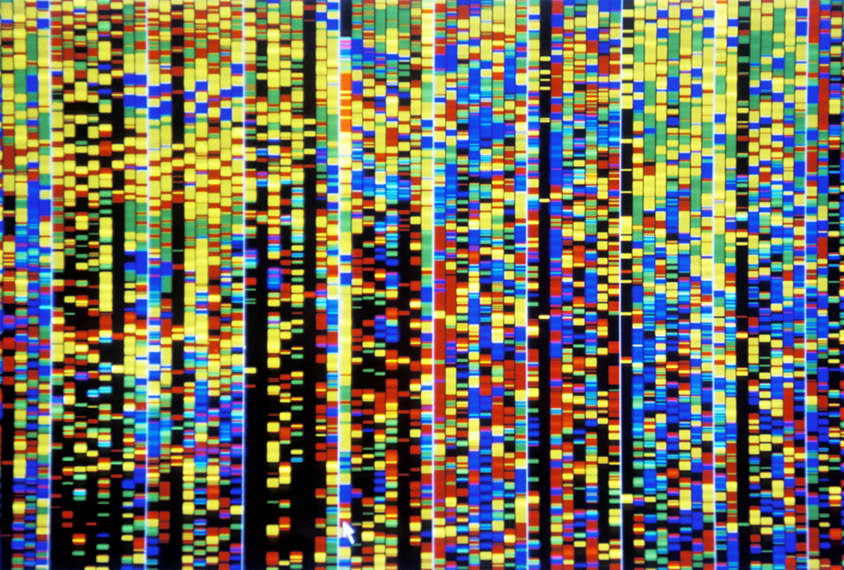
Largest autism genetics analysis to date uncovers more high-confidence candidates
The largest-yet study of genetic data from autistic people has identified 255 genes associated with the condition.
There are no autism-specific genes, just brain genes
There is not yet a single example of a gene that, when mutated, increases the likelihood of autism but not of other neurodevelopmental conditions, including intellectual disability.
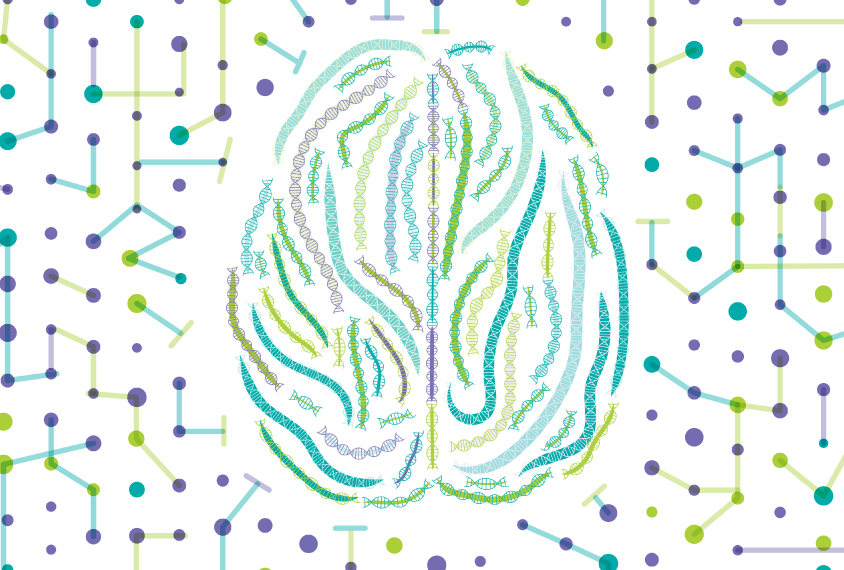
There are no autism-specific genes, just brain genes
There is not yet a single example of a gene that, when mutated, increases the likelihood of autism but not of other neurodevelopmental conditions, including intellectual disability.
Analysis links 98 genes to neurodevelopmental conditions
Genetic sequences from nearly 53,000 people with autism, developmental delay or intellectual disability reveal strong ties to 98 genes.
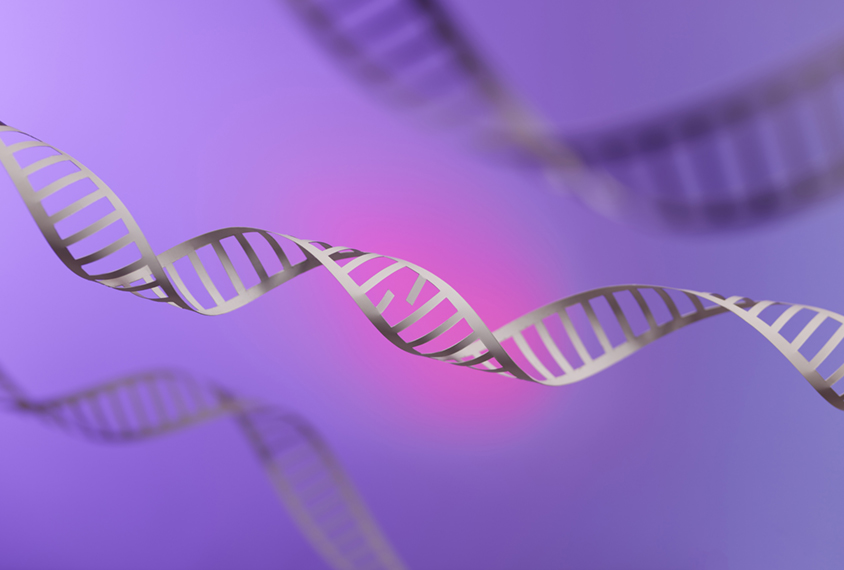
Analysis links 98 genes to neurodevelopmental conditions
Genetic sequences from nearly 53,000 people with autism, developmental delay or intellectual disability reveal strong ties to 98 genes.
Explore more from The Transmitter
New connectomes fly beyond the brain
Researchers are mapping the neurons in Drosophila’s ventral nerve cord, where the central nervous system meets the rest of the body.

New connectomes fly beyond the brain
Researchers are mapping the neurons in Drosophila’s ventral nerve cord, where the central nervous system meets the rest of the body.
Building an autism research registry: Q&A with Tony Charman
A purpose-built database of participants who have shared genomic and behavioral data could give clinical trials a boost, Charman says.

Building an autism research registry: Q&A with Tony Charman
A purpose-built database of participants who have shared genomic and behavioral data could give clinical trials a boost, Charman says.
Cerebellar circuit may convert expected pain relief into real thing
The newly identified circuit taps into the brain’s opioid system to provide a top-down form of pain relief.

Cerebellar circuit may convert expected pain relief into real thing
The newly identified circuit taps into the brain’s opioid system to provide a top-down form of pain relief.